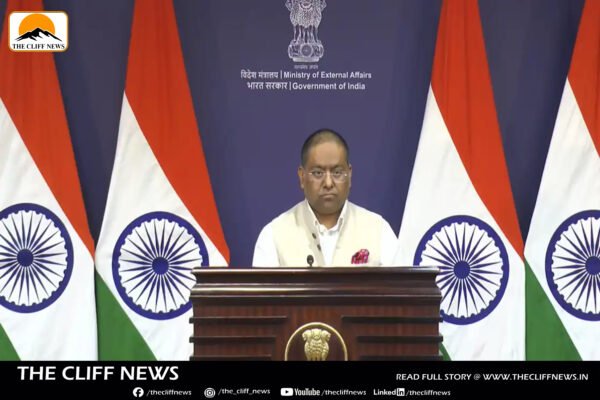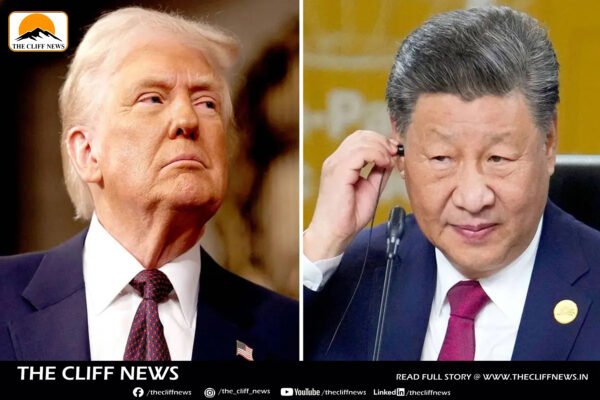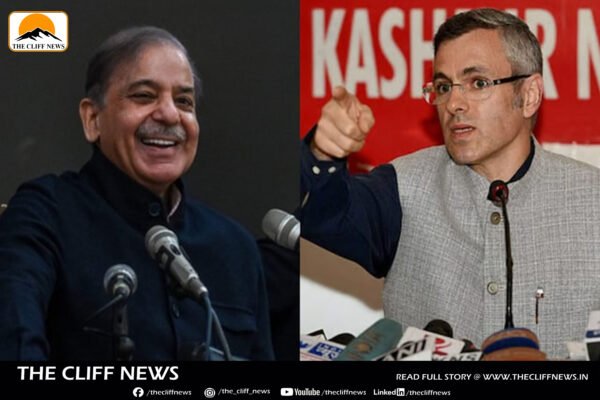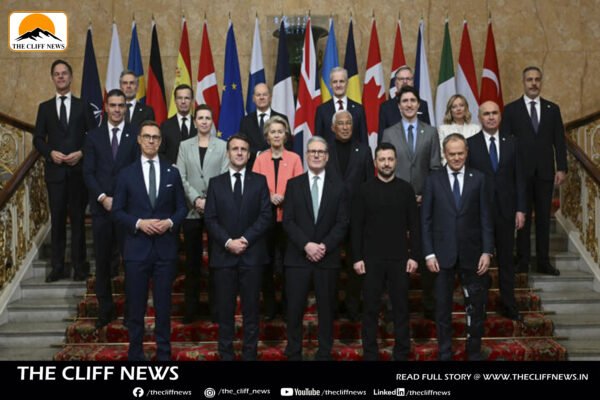Widespread Boycott of Turkey and Azerbaijan Travel Impacts Tourism Industry
A concerted online campaign urging Indians to cancel travel plans to Turkey and Azerbaijan has gained significant traction since May 11, leading to thousands of cancelled bookings and prompting ticketing platforms and tour operators to halt further reservations to both countries. Social media saw three hashtags—#BoycottTurkey, #BoycottAzerbaijan, and #BoycottTurkeyAzerbaijan—trending across India, as users touted alternative destinations like Greece and Armenia. Reports emerged of families, including one in Mumbai, scrapping their Turkey vacations after a child questioned why they would visit a nation perceived as aligned with “India’s enemy.” The backlash extended to aviation, with IndiGo criticized for maintaining its codeshare agreement with Turkish Airlines. In response, the Turkish Department of Tourism issued a statement assuring Indian visitors of a warm welcome and emphasizing that local Turks are largely unaware of geopolitical tensions, a message that nevertheless drew hostile reactions online. Tourism stakeholders in India have largely backed the boycott. Jyoti Mahal, Chairperson of the Tourism and Hospitality Skill Council, told The New Indian Express that tour operators and industry professionals are advising against travel to Turkey and Azerbaijan. She cited reports — including claims (potentially inflated) of an 800-person group from Gujarat cancelling their trips — as evidence of the movement’s impact. Azerbaijan, in particular, stands to lose heavily: in 2024, it recorded a record 243,589 Indian tourists—a 108% year-on-year increase from 2023 and a dramatic rise from just 4,853 arrivals in 2014. The sudden drop in bookings threatens to stall this decade-long tourism boom along the Caspian coast.










